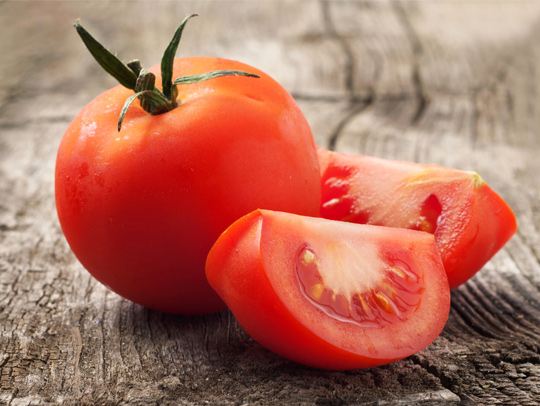Mexican Tomato Growers Offer New Proposal to Resolve Impasse on Suspension Agreement
August 8, 2019 | 3 min to read

MEXICO CITY — Associations representing nearly 100 percent of Mexican tomato growers today submitted a new proposal to the U.S. Commerce Department in the ongoing negotiation of a Tomatoes Suspension Agreement. The proposal would increase the reference prices on most tomato products from the prices the growers submitted in their last proposal, which was made in June. The offer would also increase reference prices by up to 33 percent from the June proposal for non-organically grown products, while proposing up to a 35 percent premium on top of that for organically grown tomatoes in all product areas.
In addition, the Mexican growers added new protections to ensure that defective tomatoes rejected by buyers can’t possibly be re-sold below the reference prices. Specifically, in the event a U.S. buyer rejects the product, as is its right under the Perishable Agricultural Commodities Act, the Mexican industry proposes that the remedy is to return the product to the seller or destroy it under USDA supervision. In addition, the repacking and dump charges in such cases would not be eligible for liquidated damages for breach of warranty, something to which the Commerce Department has objected. While a technical issue, this proposal is designed to address concerns raised by the Commerce Department on an issue that has served as one roadblock to negotiations. The growers have added this measure to the long list of enforcement mechanisms they have already offered, many of which have been accepted in the Commerce Department’s latest draft. The growers have also offered that loads of tomatoes with condition defects of more than 35 percent must be returned to Mexico at the expense of the Mexican signatory.
The Mexican growers have been careful in the proposal to consider the concerns of U.S. distributors of Mexican tomatoes, who have delivered a letter expressing their strong objections with the Commerce Department’s position.
The Mexican growers continue to reject a Commerce Department proposal that would put in place a 100 percent border inspection requirement for all trucks transporting Mexican tomatoes into the United States. The Mexican government expressed grave concern that the Commerce proposal on 100 percent border inspections would lead to demands for a mirror mechanism on U.S. exports going into Mexico. Many other third parties have indicated similar concerns, including the Border Trade Alliance, U.S. truckers’ associations, U.S. warehousing and customs associations and U.S. retailers.
The Mexican growers hope their latest proposal elicits a positive reaction from Commerce. While the growers believe a new Suspension Agreement is the best solution for the United States, Mexico and their respective industries, they have said all along that the agreement must be fair. If not, they will fight the issue at the International Trade Commission in hearings that will take place in late September. Finally, the Mexican growers note that they strongly disagree with the Commerce Department’s recent announcement of dumping margins reaching 25 percent. The Commerce Department used a methodology in which the only way they could find dumping was by penalizing different pricing by Mexico in the summer vs. winter months, when in fact the 2013 Tomatoes Suspension Agreement required just that.
“This is a very strong proposal that builds on the unprecedented enforcement measures that we proposed to Commerce in June. Let’s hope we can make progress over the next two weeks so that growers on both sides of the border can go back to what they do best, which is growing tomatoes,” said Oscar Woltman, President of AMHPAC, Mexico’s largest growers’ association
